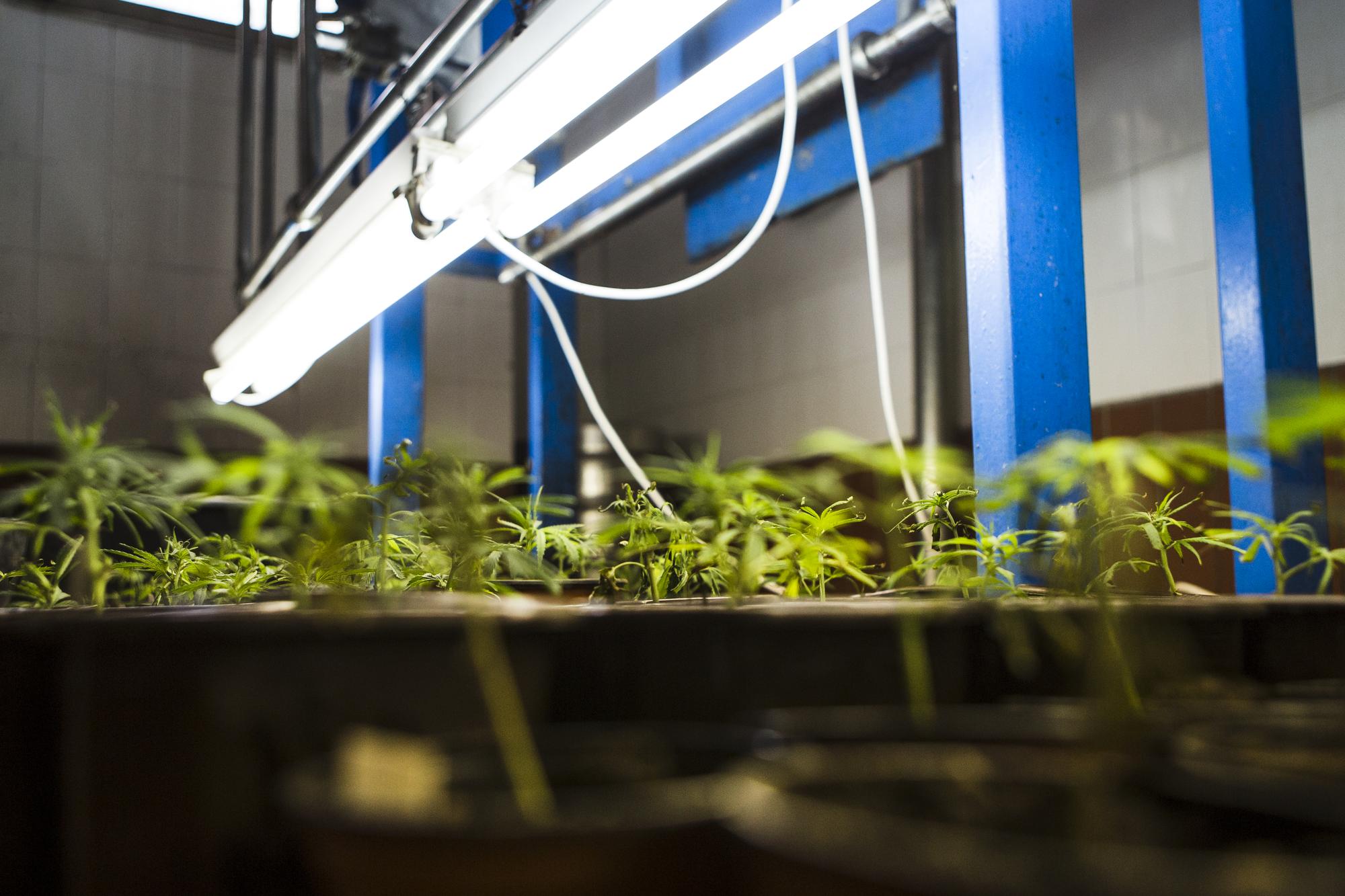Cannabis and Depression: Evaluating Therapeutic Potential and Challenges
Cannabis has increasingly become a beacon of hope for many individuals battling depression, a pervasive condition that significantly dampens the quality of daily life. Depression often manifests as a persistent feeling of sadness, a loss of interest in enjoyable activities, and a profound sense of despair. For those affected, these symptoms are not just temporary blues; they are constant impediments that hinder personal fulfillment, social interaction, and overall functioning. The traditional treatment modalities, while effective for some, don’t always provide relief for all, leading patients and medical professionals to explore alternative therapies.
The potential of cannabis to modify mood and offer relief from depressive symptoms has sparked considerable interest in the medical community. Dr. Jane Thompson, a leading psychiatrist in mood disorders, has noted that certain cannabinoids—specifically CBD and THC—appear to influence the brain’s neurotransmitter systems, which are involved in mood regulation. This interaction suggests that cannabis can potentially elevate mood and bring about feelings of happiness, making it a compelling option for those who have not found success with conventional treatments.
Several clinical trials have further supported the anecdotal testimonies from patients who have experienced significant improvements in their mood after using cannabis. These trials have methodically documented the changes in mood patterns and overall emotional responses, providing a more structured and scientific foundation to the patient success stories circulating in medical circles. This evidence has helped shift the perception of cannabis from a simple recreational substance to a legitimate medical aid in combating depression.
Patient testimonies often highlight the dual benefits of using cannabis: relief from the debilitating symptoms of depression and a restored ability to enjoy life and engage more fully with the world around them. For example, a patient named Emily shared her experience during a medical trial, stating, “Cannabis helped me feel lighter and more hopeful; I started enjoying my hobbies again and felt more connected to my loved ones”. Stories like Emily’s are becoming increasingly common as more individuals turn to cannabis as a potential solution to their struggles with depression.
In conclusion, as the body of research grows and more patients voice their positive experiences, cannabis is carving out a significant place in the field of depression treatment. While it is not a one-size-fits-all remedy and requires careful consideration and medical supervision, the emerging data and patient testimonies suggest that cannabis holds considerable promise as a means to restore hope and happiness to those affected by depression. As ongoing and future studies continue to illuminate its benefits, the medical community remains optimistic about the expanding role of cannabis in mental health therapy.
Related read: CBD and Circulation: Exploring Its Potential Cardiovascular Benefits for Athletes

